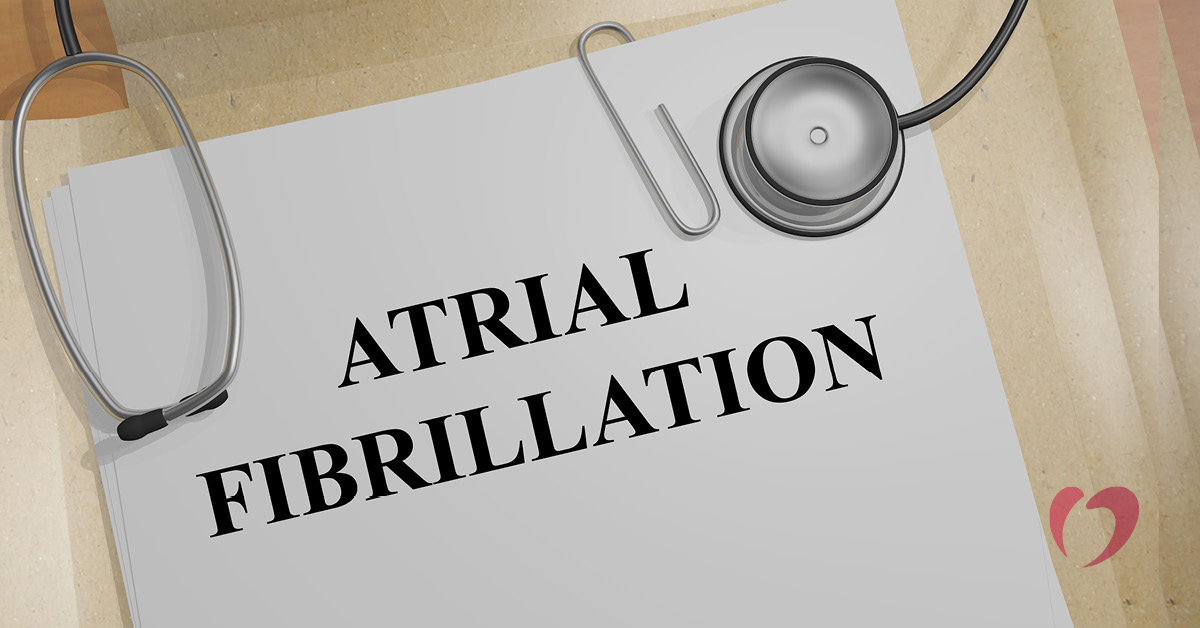Common Causes of Atrial Fibrillation

Atrial fibrillation, or AFib, is one of the most common arrhythmias. AFib happens when the chambers of the heart beat out of sync and cause an abnormal heartbeat. It’s often a faster heartbeat, but it can also be slow or simply irregular.
When AFib is left untreated, it makes your heart work harder and less efficiently over time. It also creates an opportunity for blood to pool and form into clots, which can increase the risk of stroke.
There are many potential causes of atrial fibrillation. While it may not be possible to avoid all causes of AFib, knowing the possible causes can help you evaluate your risk both now and in the future.
Symptoms of AFib
Sometimes patients don’t have any symptoms of atrial fibrillation and are diagnosed when it’s discovered during a routine exam. For those who do experience symptoms, many patients with AFib describe it as a fluttering heartbeat. Symptoms can include:
- General fatigue
- Weakness
- Shortness of breath
- Heart palpitations
- Irregular heartbeat
Risk factors
There are many factors than can indicate an increased risk of AFib, even if they don’t directly cause atrial fibrillation. These include:
- Age
- Family history or genetic predisposition
- Previous heart issues
- High blood pressure
- Obesity
Causes
The root cause of atrial fibrillation is damage to heart tissue or the heart’s electrical system. Most of the time, heart damage that results in AFib is caused by coronary heart disease or high blood pressure. Sometimes the cause of AFib remains unknown. Other causes can include:
- Heart attack
- Congenital heart defect
- Heart valve problem
- Lung disease
- Previous heart surgery
- Atherosclerosis
- Pericarditis
Treatment
Treatment for AFib centers around correcting the abnormal rhythm and reducing risk of stroke when a normal rhythm can’t be maintained. Common treatments include cardioversion to interrupt the faulty beat and restore a normal rhythm, medication to correct the rhythm or lessen the chances of blood clots, or ablation to destroy the tissue causing the arrhythmia.
If you have questions about your risk for AFib or the causes of atrial fibrillation, reach out to schedule an appointment with one of our specialists at the Heart Rhythm Institute at Oklahoma Heart Hospital.
